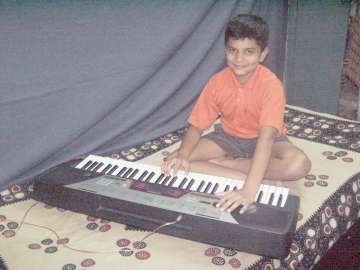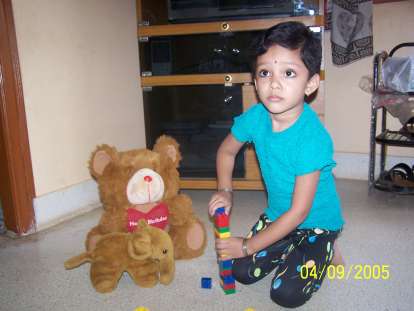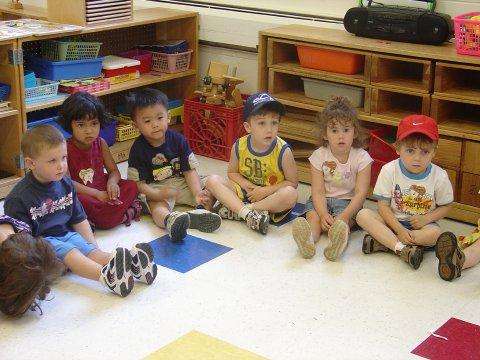 Leonardo-da-vinci, Newton, Marconi, Thomas Edison, the Wright brothers - they were all giants of scientific invention. They all came from different backgrounds. But they all had one thing in common. Happy or sad, rich or poor, they were all inquisitive kids.
Leonardo-da-vinci, Newton, Marconi, Thomas Edison, the Wright brothers - they were all giants of scientific invention. They all came from different backgrounds. But they all had one thing in common. Happy or sad, rich or poor, they were all inquisitive kids.Children always need an environment where there is much encouragement for them to pursue intellectual interests to investigate whatever aroused curiosity. Children need this kind of supportive climate very much. Then the children come up with new and interesting ideas. Conducting science fairs can be an excellent motivating force for kids. They also provide a wonderful opportunity for discovering and encouraging science talent. Children share their science projects with other pupils and with the community. It also helps youngsters utilize their time in a constructive way.
The fair should enable youngsters in trying to find out something they did not know before. Parents can help their kids by taking an active role in their exploration. It can be anything from sharing books to visiting web sites.
In lower classes, say up to class 4 or 5, don't be too rigid about the scientific method. Let it be ‘fun’ for them. Let them enjoy the activity heartily. As they reach the middle and high school grade, there can be emphasis on reasoning. Too much of insistence on scientific methods should not take away the fun. A boy who makes a motor out of wire, nails and battery cells would have gained a lot. Besides the value addition, the child will feel recognized as parents and peers praise him for the good job done.










